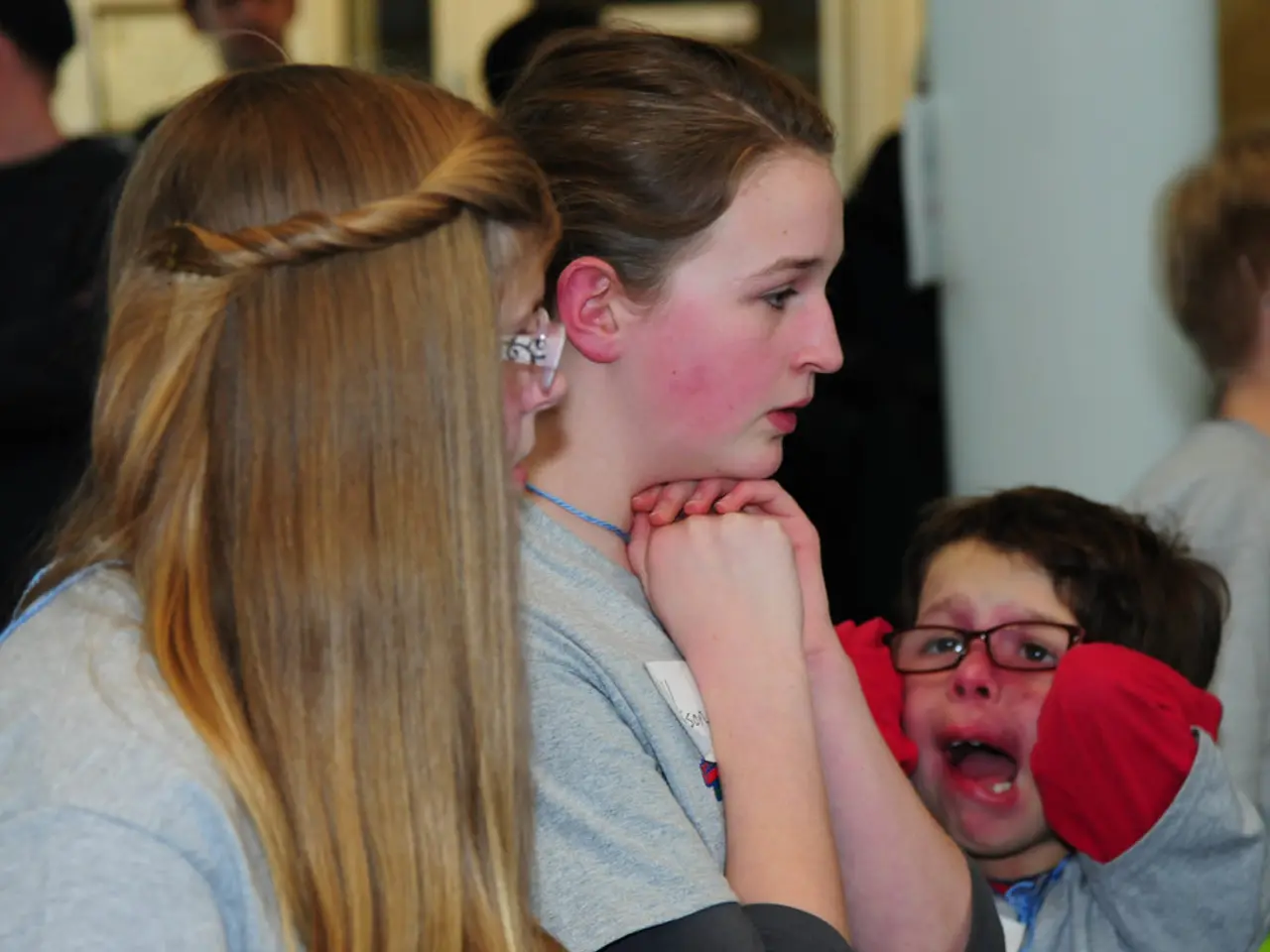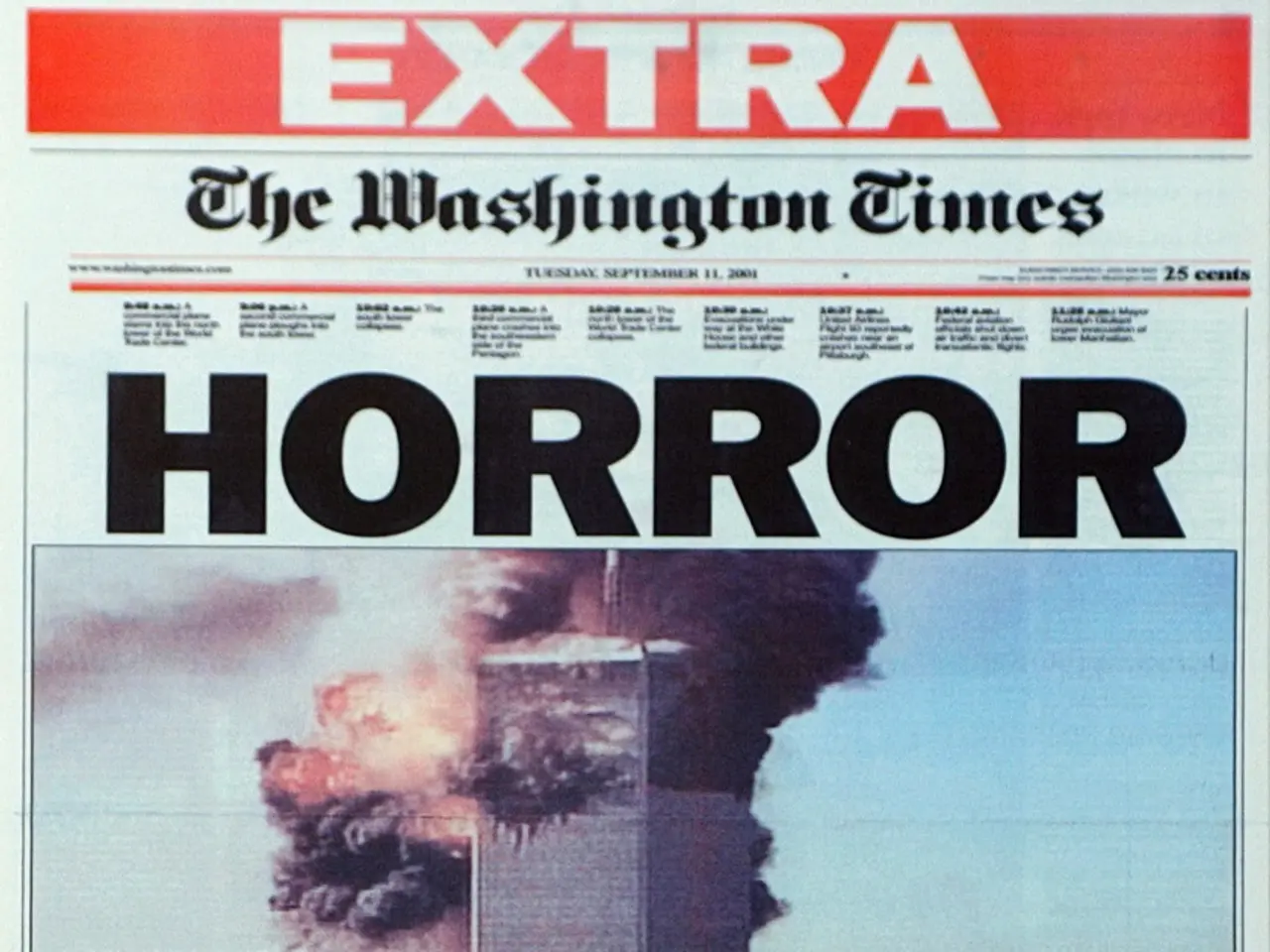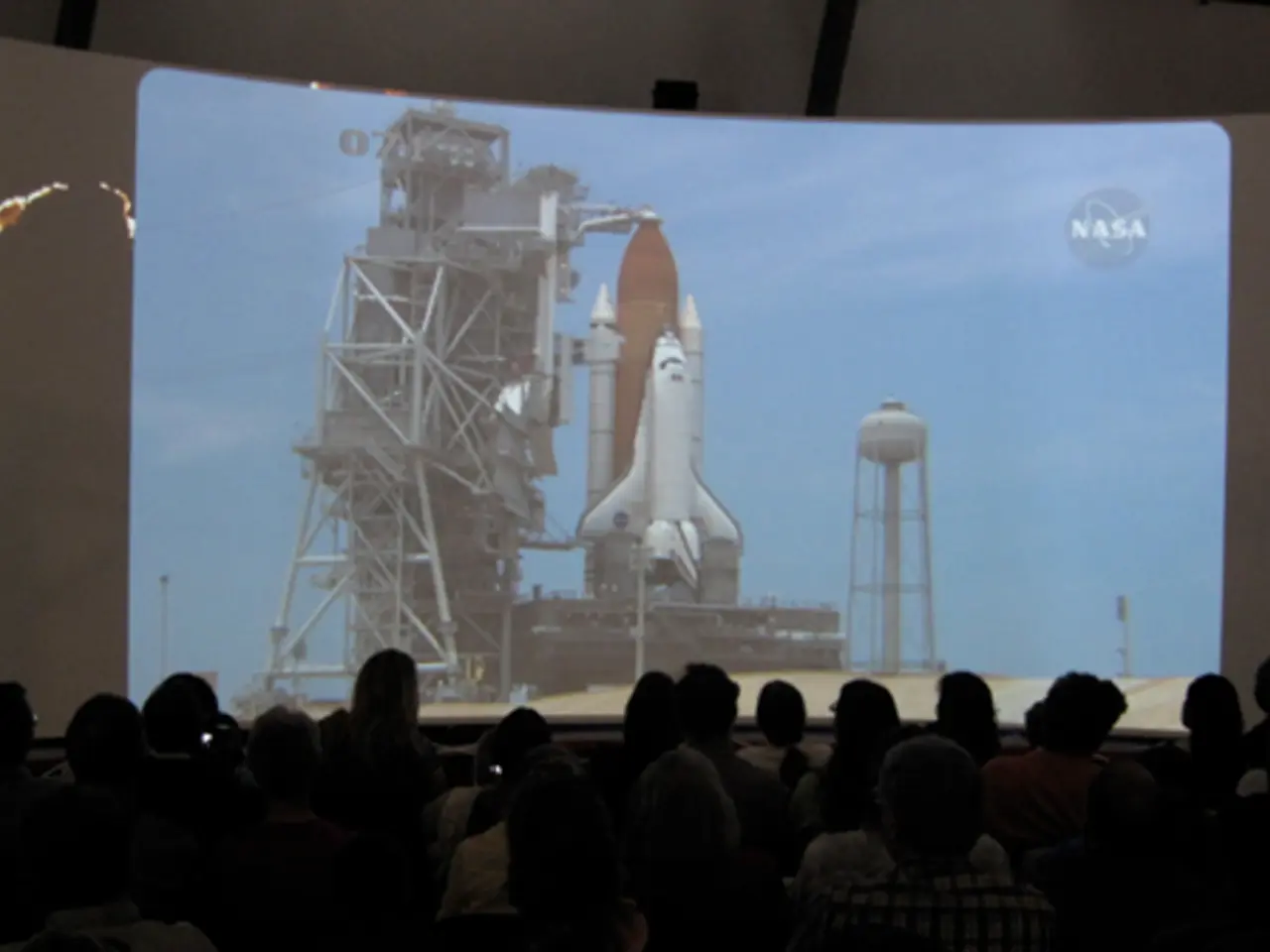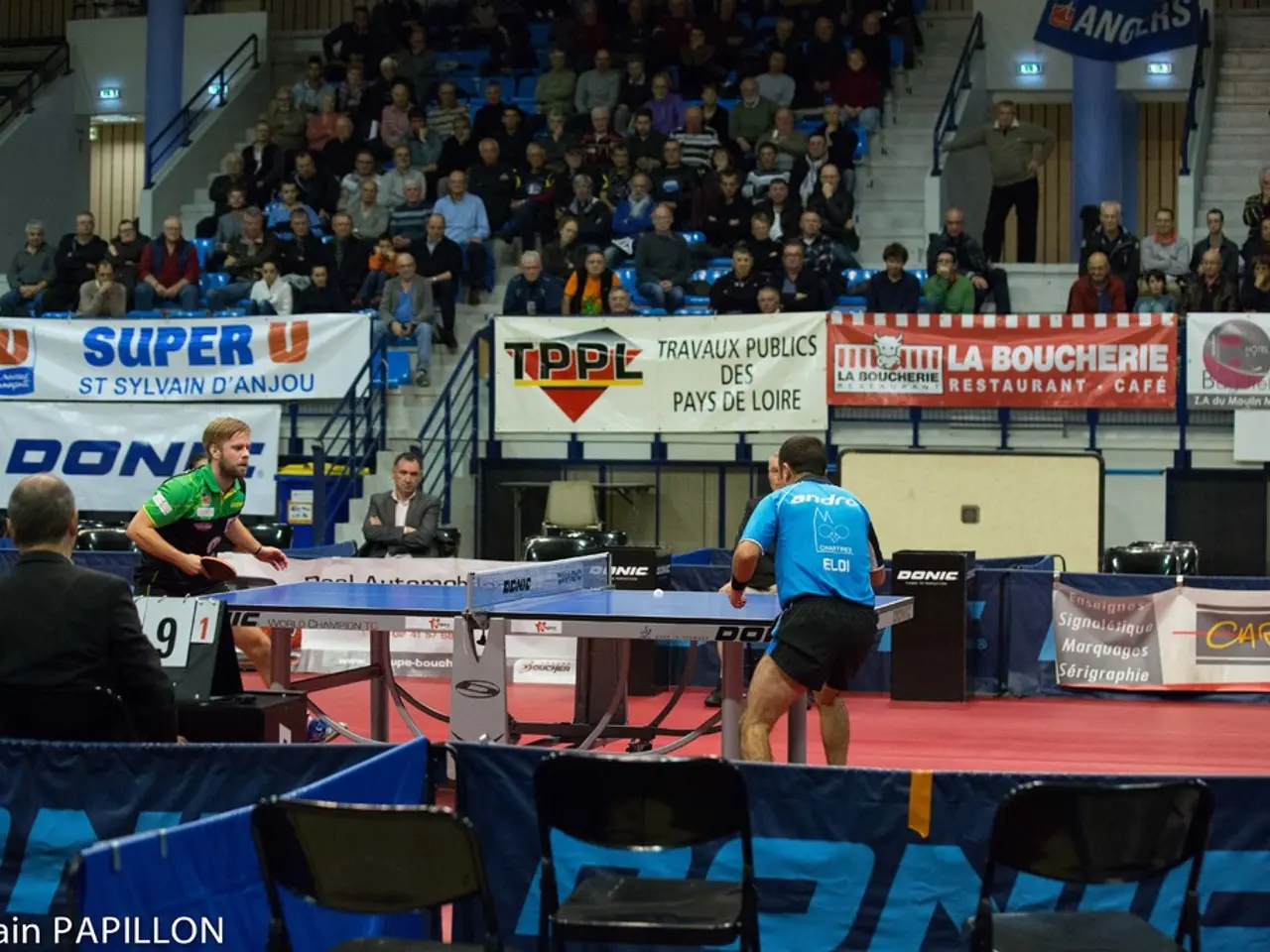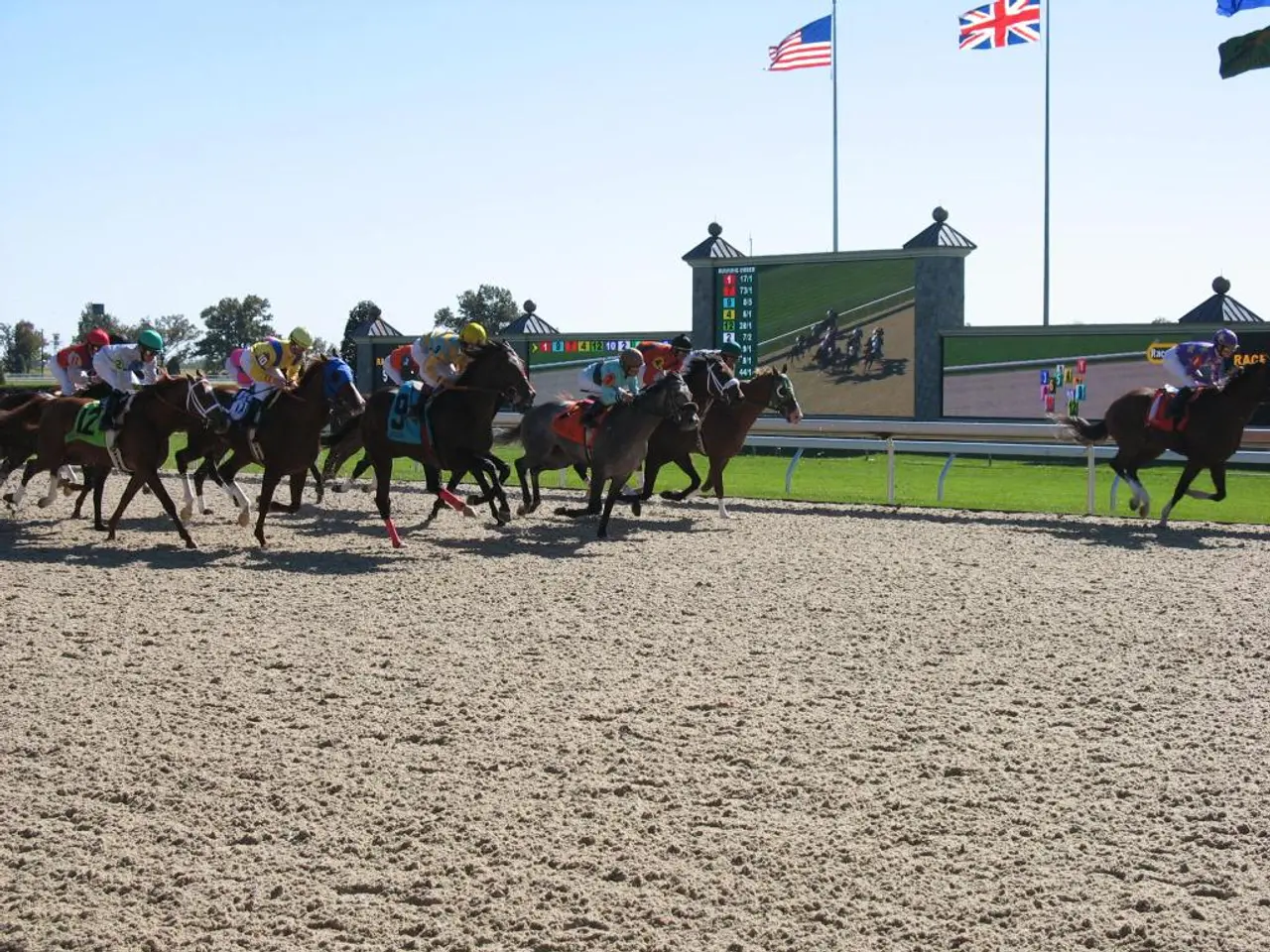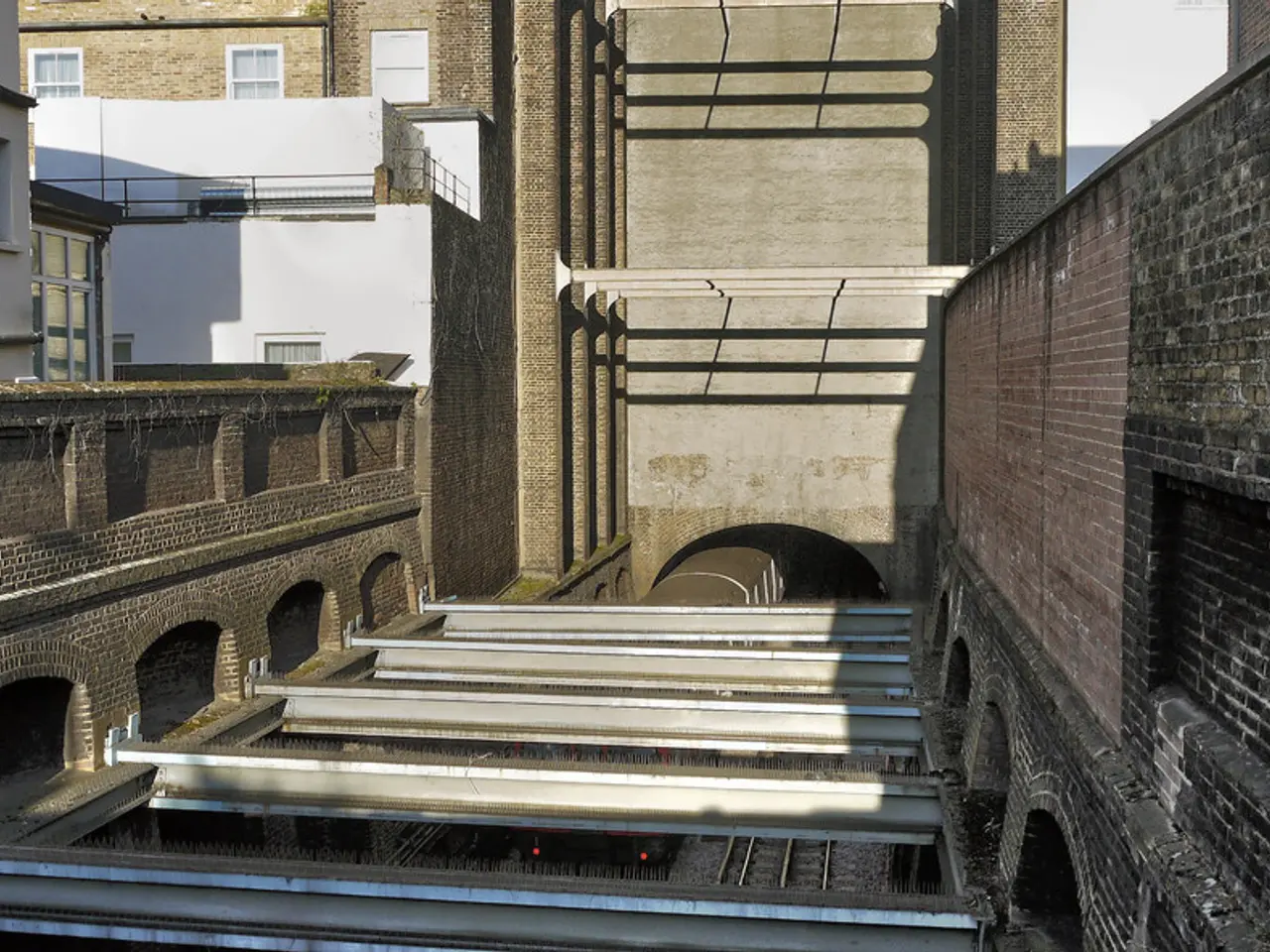Social media exodus among renowned photographers, and I propose potential reasons behind this departure
In the digital age, where social media platforms have become a cornerstone of modern communication, a notable trend is emerging among some of the world's most renowned photographers. These artists, whose works have graced gallery walls and coffee table books, are increasingly withdrawing from social media platforms like Twitter and Instagram.
The reasons behind this shift are manifold. For one, the algorithms driving these platforms prioritise frequent, trend-driven posts over quality, creating an unsustainable demand for constant content creation. This contrasts sharply with the slow, thoughtful process of creating fine art photography, such as that of Annie Leibovitz, who is renowned for her long portrait sessions.
Photographers feel the pressure to turn their art into bite-sized content optimised for algorithms rather than meaningful expression. This constant demand for engagement is seen as poisonous to their creative intuition. Landscape photographer Dave Morrow, who once boasted 1.5 million followers, nuked his entire digital presence in 2018, citing the mental burden of social media conversations as "background static."
Another concern is the use of their photos by social media platforms for advertising, AI training, and future monetization schemes. Established photographers have given Meta permission for this, but many feel that the lack of adequate compensation and the potential risks to their intellectual property are too great.
Moreover, the cultural and artistic pushback against mobile device obsession and fragmented attention online is also a significant factor. The constant need to optimise content for the small screens of smartphones can contaminate creativity with marketing. Famous photographers have already proven their worth through gallery exhibitions, commercial clients, and peer recognition.
Social media validation feels like asking Michelin-starred chefs to compete on Recipe TikTok for these established artists. The rest of us may need to learn the same lesson and reconsider our reliance on social media.
This trend is not limited to Twitter; famous photographers are also less active on Instagram and other social media platforms. In 2019, a list feature titled "20 Famous Photographers You Should Follow on Twitter" was published, featuring photographers such as Rankin, Pete Souza, and Ami Vitale. Today, many of these photographers have not posted in months or deleted their accounts altogether.
As we navigate the digital landscape, it's crucial to remember the value of authentic human connection and the importance of preserving our creative spirit. For photographers, this means finding new ways to share their work without compromising their artistic vision or falling victim to the demands of the digital age. For the rest of us, it's a reminder to value the art for its intrinsic worth and not just its digital footprint.
- In the increasing withdrawal of renowned photographers from social media platforms, concerns about algorithms prioritizing trend-driven posts and the pressure to optimize content for small screens have become significant factors.
- The slow, thoughtful process of creating fine art photography, such as Annie Leibovitz's long portrait sessions, contrasts with the unsustainable demand for constant content creation that social media platforms promote.
- Photographers, like Dave Morrow who nuked his digital presence in 2018, cite the mental burden of social media conversations and the potential risks to their intellectual property as reasons for leaving.
- The use of photos by social media platforms for advertising, AI training, and future monetization schemes is another issue that established photographers are worried about, with many feeling that the lack of adequate compensation is too great a risk.
- Social media validation feels like asking Michelin-starred chefs to compete on Recipe TikTok for these established artists, as they have already proven their worth through gallery exhibitions, commercial clients, and peer recognition.
- For the rest of us, this trend is a reminder to value art for its intrinsic worth and not just its digital footprint, reconsidering our reliance on social media for validation and human connection.

